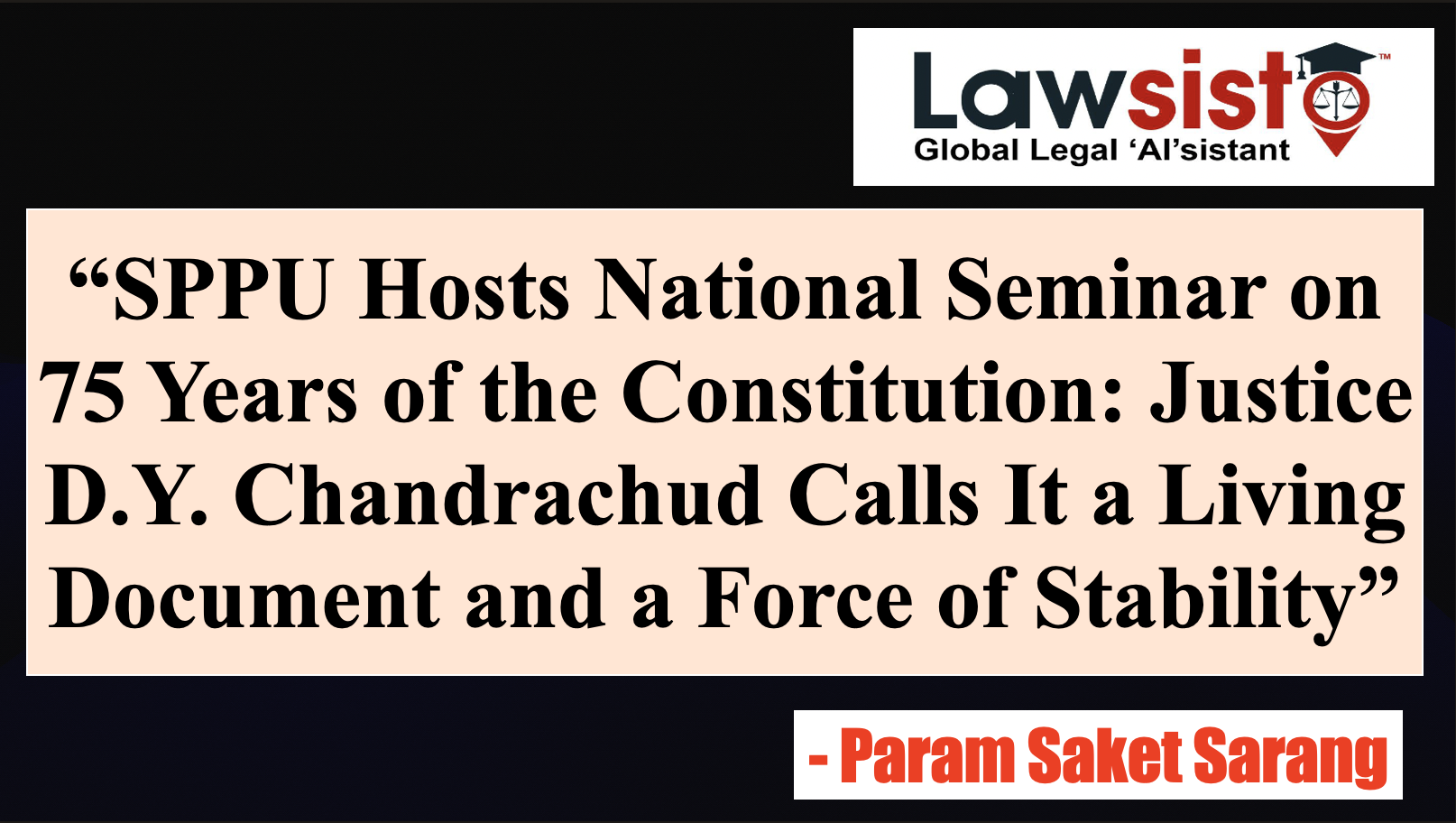Latest Articles
Unique use of Technology during covid-19 pandemic for virtual arbitration

Unique use of Technology during the Covid-19 pandemic for virtual Arbitration
In the light of the novel coronavirus, many activities get effected the reason behind this is social distancing “stay home & stay safe” for unspecified period, people activities have become impossible. Like court hearings, arbitration and many other activities has become impracticable. Nevertheless, when god create something they also create other ways to do that thing.
As an another option for this problem, the framework of personal and physical arbitration seems the next better alternative way of virtual arbitration viz., video conferencing or telephonic hearing. ‘Virtual arbitration’ as the name tells the meaning resolve the matters and clashes with the help of technology. These online hearings will have to done with same laws and mainly in information technology act, 2000. Under this horrible situation, it looks like there is no other option but to go with the technological option, in hope to find out the best outcomes and courts to ensure giving justice and resolve the disputes.
As there is a novel pandemic continues for how many days no buddy knows, and the lockdown in India has been increasing again and again by several weeks, so people were trying to find out another ways for this and exploring technology for settling their legal issues. This time is very crucial for everyone we have to face a lot of struggles for exploring options to use technology and various online methods to reduce physical interaction and carry on with physical distancing and take all the safety measures. One major step is taken by Indian judiciary is the emergence of virtual hearings via video conferencing etc., whether it is arbitration or court proceedings for urgent cases.
The supreme court is already passed the guidelines for the courts functioning through video conferencing on 06-April-2020. The Indian judiciary has incorporated information and communication technology systems trough the E- courts integrated mission mode project, (e-court project) as part of the national e-governance plan (NEGP). The first use of virtual court in ‘state of Maharashtra v praful desai’ case. The court held that the term of evidence includes electronic evidence and the video conferencing may be used to record evidence for later proof. The Indian judiciary notice that development in technology have created a way possibility of virtual courts which are very much similar to physical courts.
Currently, the most effective, systemic and convenient process for dispute resolution is arbitration. Because in arbitration people those are willing to do settlement may be one party or both parties. Outside the court with the legal arbitrator, who derive their powers from private agreement not from the authorities of state and arbitrator have right to proceed the case and take decision of the case on the basis of such agreement. The virtual arbitration is more help in cases where there is easy of evidence and in one or two hearing case get solution.
The available venue for proceedings of the case is conducted virtually. The virtual arbitration have a number of advantages such as time saving, low cost and easy for parties to available on time with their own comfort. Some factors which can make virtual hearings probably not feasible are atmosphere for witnesses, sitting hours, availability of internet, lengthy hearing and sometimes parties are not that much advanced into technology.
The novel coronavirus has created terrifying situation but people were trying to make new paths with the help of technology. And Indian judiciary working hard for giving the best and justified judgements of the cases of virtual arbitration. “Stay At Home & Stay Safe”
















































































































































































































































































































































































































































